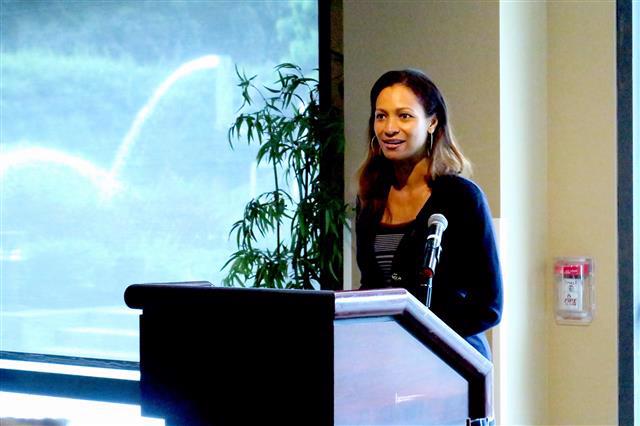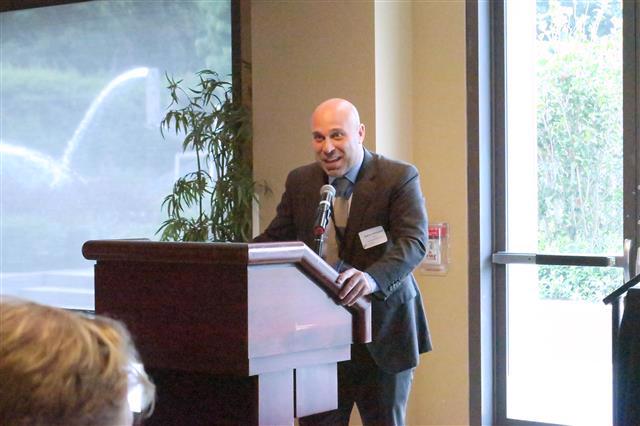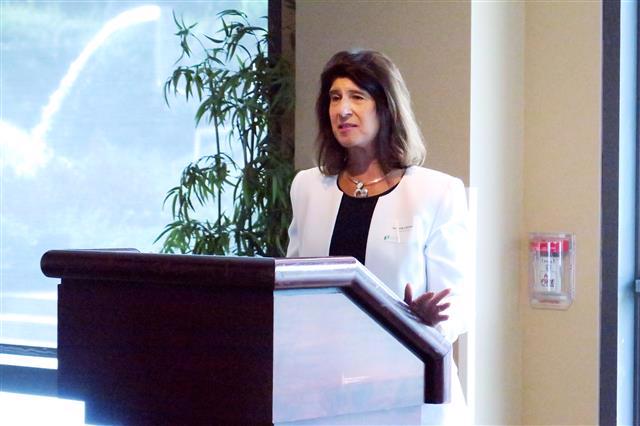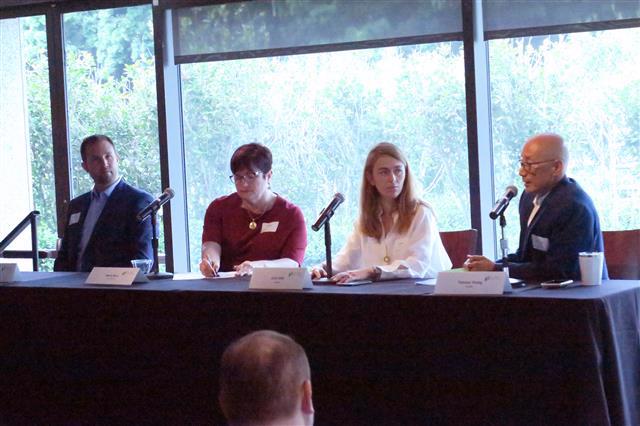LAWA Sustainability Symposium Highlights Strategies for Aviation Industry to Help Fight Climate Change
Symposium gathers industry experts to discuss sustainability in aviation.
|
About Los Angeles International Airport (LAX)
LAX, the sixth-busiest airport in the world serving nearly 66 million guests in 2022, is owned and operated by Los Angeles World Airports (LAWA), a proprietary, revenue-generating department of the City of Los Angeles that also governs Van Nuys Airport (VNY). As the international gateway to the Southern California region, LAX and its partners are dedicated to meeting global airport standards for customer satisfaction, safety, regional economic leadership, organizational performance and sustainability.
To better serve the millions of domestic and international guests that travel through LAX each year, the airport is undergoing a multi-billion-dollar capital improvement program to modernize its entire campus. Initiatives underway include an Automated People Mover, a Consolidated Rental Car Facility and two projects that will each add over one million square feet to the airport's existing property: Terminal 9 and Concourse 0. For more information about LAX, its transformation and its environmental, social and local workforce commitments, please visit flylax.com. Follow LAX on X (formally Twitter), Instagram, LinkedIn, Facebook and YouTube.
As a covered entity under Title II of the Americans with Disabilities Act, the City of Los Angeles does not discriminate on the basis of disability and, upon request, will provide reasonable accommodation to ensure equal access to its programs, services, and activities. Alternative formats in large print, braille, audio, and other forms (if possible) will be provided upon request.
LAX, the sixth-busiest airport in the world serving nearly 66 million guests in 2022, is owned and operated by Los Angeles World Airports (LAWA), a proprietary, revenue-generating department of the City of Los Angeles that also governs Van Nuys Airport (VNY). As the international gateway to the Southern California region, LAX and its partners are dedicated to meeting global airport standards for customer satisfaction, safety, regional economic leadership, organizational performance and sustainability.
To better serve the millions of domestic and international guests that travel through LAX each year, the airport is undergoing a multi-billion-dollar capital improvement program to modernize its entire campus. Initiatives underway include an Automated People Mover, a Consolidated Rental Car Facility and two projects that will each add over one million square feet to the airport's existing property: Terminal 9 and Concourse 0. For more information about LAX, its transformation and its environmental, social and local workforce commitments, please visit flylax.com. Follow LAX on X (formally Twitter), Instagram, LinkedIn, Facebook and YouTube.
As a covered entity under Title II of the Americans with Disabilities Act, the City of Los Angeles does not discriminate on the basis of disability and, upon request, will provide reasonable accommodation to ensure equal access to its programs, services, and activities. Alternative formats in large print, braille, audio, and other forms (if possible) will be provided upon request.






